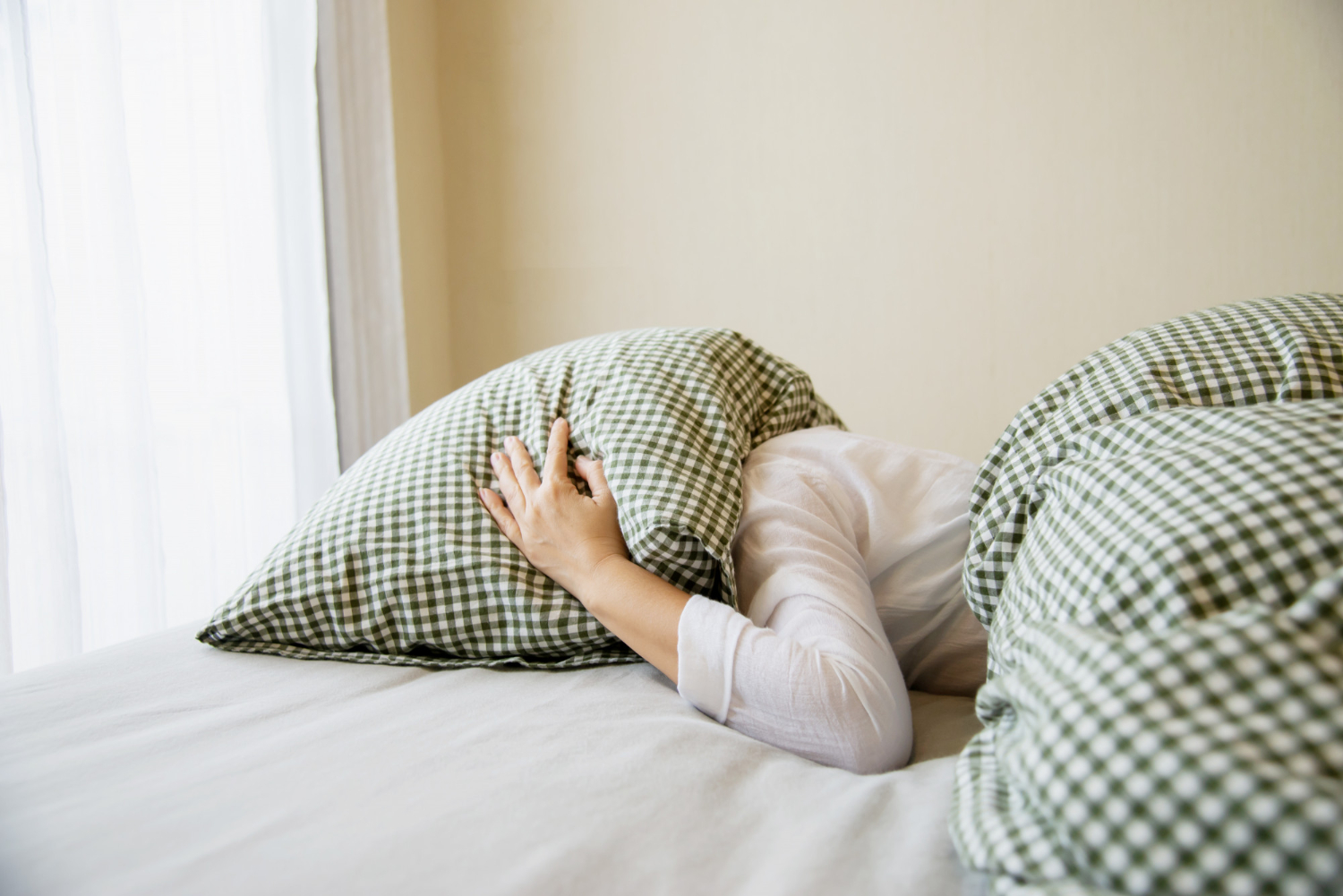We all know the saying, ‘The early bird catches the worm.’ We live in a world dominated by early risers, and people who have trouble waking up in the mornings are often viewed as weak-willed or lazy.
If you’re one of them, watch this video until the end! Because we’ll explain that it’s not laziness stopping you from getting up in the mornings. In fact, you’re genetically wired to be a night owl. Before we get into more detail, make sure you hit that like button and subscribe to our channel!
Types of people according to chronotype
There are three types of people in this world: the morning person, the afternoon-er, and the night person (night owl). These are called chronotypes, which dictate an individual’s natural sleep schedule.
Depending on a person’s chronotype, the best time to sleep and wake up varies from person to person. In other words, going to bed at ten and waking up at six may not be the perfect formula for everyone.
1. What is a Chronotype?

Image by Freepik
Not only do chronotypes affect our sleep patterns, but they also define our attention peaks, alertness, and energy levels throughout the day. That is why it’s crucial to be productive at a time best suited for your biological rhythm.
But in the modern world, important events usually occur in the mornings. This discrepancy between the biological and social clock is called ‘social jet lag.’ People who suffer from chronic social jet lag are more likely to be addicted to alcohol and caffeine and suffer from depressive symptoms.
You may ask, “Can’t you change your chronotype to become a morning person?” Now that’s the tricky part, because it has to do with genetics.
2. Chronotype Research (early birds & night owls)

Image by Freepik
There has been lots of research worldwide on the subject of chronotype.
- Studies have shown that the chronotype is a unique, genetically determined trait. To put it simply, changing your chronotype is impossible. PER3 is a core gene of the circadian clock, and early risers generally have a longer PER3 gene. In contrast, a night owl may carry a shorter PER3.
- Additionally, melatonin can rise around 6 pm for morning larks, which makes them feel tired by 9 pm or 10 pm. Cortisol, a hormone that helps you to feel alert in the mornings, was higher amongst early birds than night owls.
What other difference is there between morning people and night owls?
3. The difference between morning people and night owls

Image by Freepik
- Researchers in Spain studied the circadian rhythm of nearly 1,000 teenagers. They found out that while early birds outperformed night owls in school, night owls outshined early risers in creativity and problem-solving, and analytical skills.
This is why there are more morning people among civil servants and accountants. On the other hand, night owls tend to have more creative occupations. Obviously, chronotypes aren’t the only determining factor in career choices. But here’s a funny story.
4. Chronotypes of Kant and Descartes
Image by wikipedia
The famous philosophers Kant and Descartes both had polar opposite chronotypes.
- Kant—renowned for his rather strict daily routines—was a morning person who woke up at 5 am every morning and went to bed at 9 pm every night.
- However, Descartes was a typical night owl who slept in until 11 am, even when serving as a soldier. It is said that Descartes went to school only after getting permission to sleep in.
But something baffling happened to Descartes. Descartes was invited to tutor Queen Christina of Sweden in philosophy and was asked to lecture at 5 am. A few months later, Descartes died.
The official cause of his death was pneumonia. Still, there was a rumor that the early morning lecture had weakened his immune system.
Fear not! Even if you’re a night owl adjusting to a morning schedule, it’s unlikely that you will drop dead like Descartes. We all live in a modern society where we have to adapt to societal demands to some extent. Changing your sleep cycle is possible even if you can’t change your chronotype. You can make a routine by applying diet and exercise.
After all, our biological clocks like routines. It may take more effort to make a routine than a morning person, but I hope you won’t blame yourself after this video. You’re not weak-willed or lazy; you’re just born that way! Alamy will help you figure out how you night owls can have a successful morning. Let’s tackle social jet lag together! Thank you for watching, and if you enjoyed this video, don’t forget to like and subscribe!





